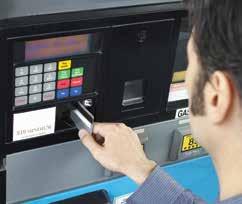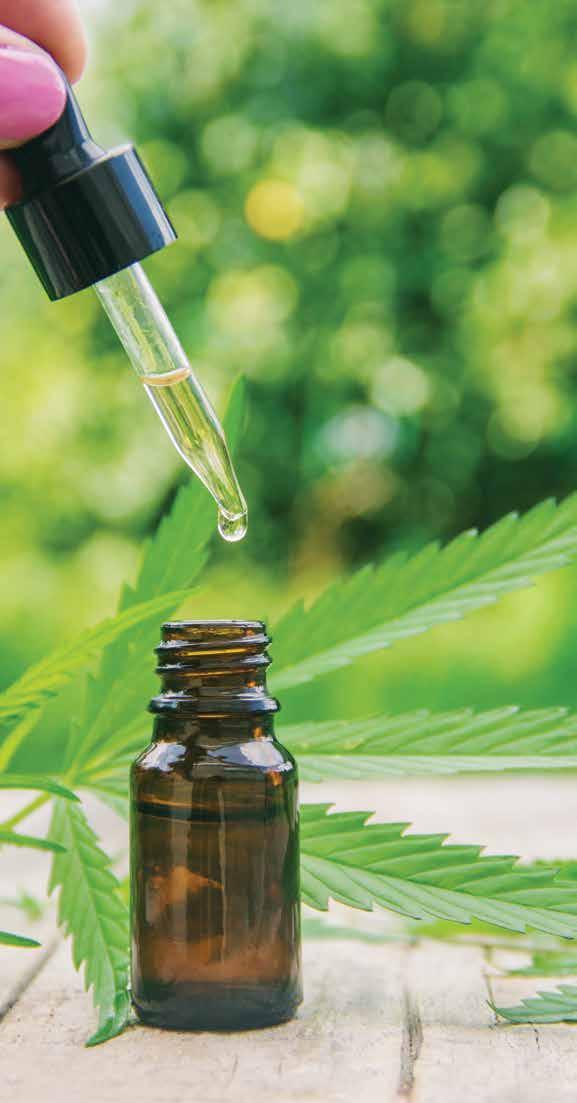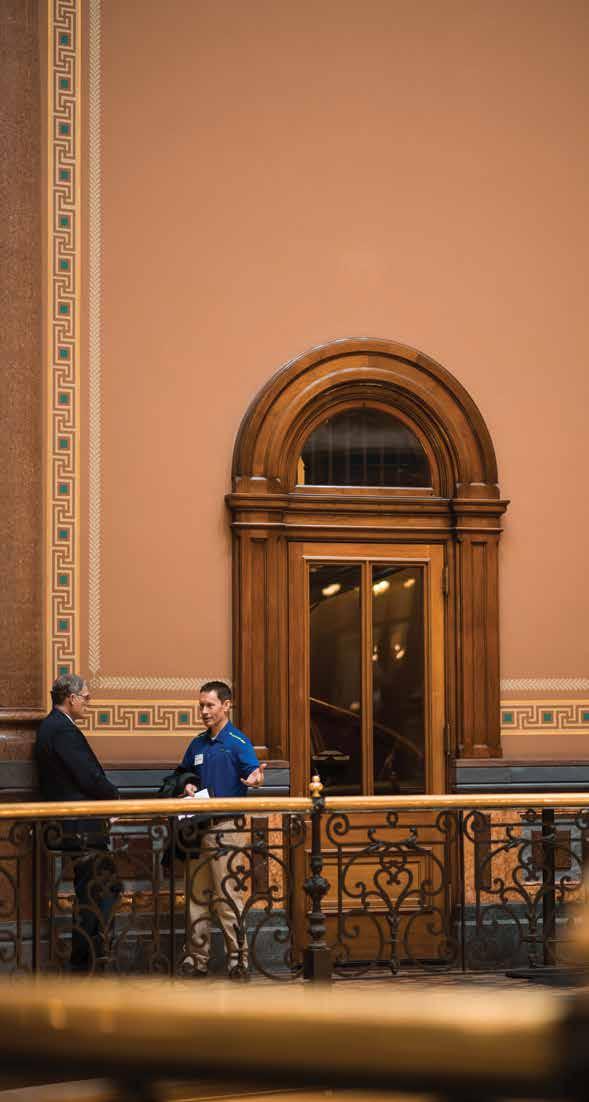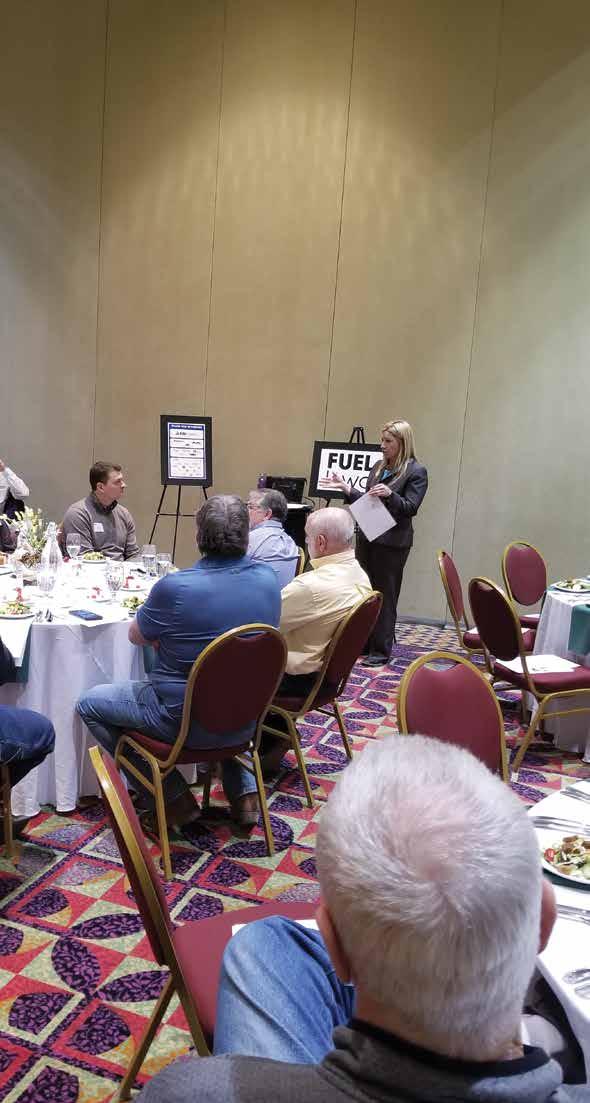
6 minute read
MEMBER SPOTLIGHT
SUFFERING UNDER IOWA BOTTLE BILL
MEMBER SPOTLIGHT
Advertisement
By Reo Menning, Executive Vice President
AN INTERVIEW WITH MARK NELSON, DYNO OIL
As more bottle and can redemption centers close around the state, convenience stores are becoming the default redemption centers of the region. Every year, the number of bottles and cans redeemed at the small, minimally staffed stores increases. FUELIowa reached out to Dyno Oil to find out how convenience stores are managing redemption and at what cost.
“We are accepting 30 percent more cans and bottles since the redemption centers in Spencer and Sprit Lake closed,” said Mark Nelson, President of Dyno Oil. He estimates that 100,000 bottles and cans are redeemed each month within his 13 store locations across northwest Iowa.
Taking bottles and cans is not net zero for convenience stores as the law intended. Convenience stores were to be made whole on the nickel they gave out for each redeemed container plus a penny by the beverage distributors. But that is not what is happening. Instead of being a final location where beverage distributors would collect the containers, convenience stores are just another place where the cans and bottles accumulate before going to yet another collection site such as a redemption center or a recycling center. Convenience stores are now lucky to get 2 or 3 cents back per container, if anything,
and they have the additional headache and costs of figuring out how to get the containers to the next location.
“We used to pay the local redemption center 3 cents per can to take them,” Nelson explained. “We wanted to keep them open and available to us. But even at 3 cents per can, they closed.”
Closure of the redemption centers has also made it difficult for convenience store chains like Dyno Oil to manage the redeemed bottles and cans once they have them. Dyno Oil employs a person full-time to drive a covered pickup from store to store to collect the redeemed bottles and cans. He picks up at every store at least once a week. In the summer, that increases to twice per week because of increased volumes.
Once the driver has a load, he takes them to a new redemption center that opened in Milford. But there is a catch – this redemption center does not accept glass bottles, which account for about 20% of what is redeemed at the Dyno Oil locations. This is just a pure loss for the stores –

the only option they have for getting rid of the bottles is to take them to the recycling bin at the Spencer City Recycling Center.
Employee time to manage redemption and to keep sanitary conditions has always been a challenge for convenience stores, especially when only one employee is available. Dyno Oil has resorted to having a small table in their stores stocked with pop can flats. When a customer brings in bottles and cans, they are required to place them on the flats and the number of containers they can redeem at one time is limited. This helps the employee to rapidly count the number redeemed, and then, using gloves, carry the flat back to dump the containers into bigger boxes of aluminum, plastic and glass. But even with this approach, the employee is still pulled away from the counter.
“Other customers are frustrated with being delayed,” says Nelson. “And we are frustrated, especially when the person is only there to redeem cans and bottles and we don’t get any additional business.”
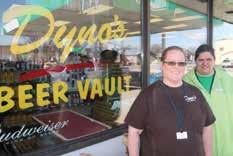
“At least the glass is being recycled,” says Nelson, who believes the best solution is to replace the bottle bill challenge with a strong recycling program throughout the state. “Giving redemption centers an additional penny isn’t likely going to keep them open in rural areas like northwest Iowa. We paid 3 cents and they still closed.”
program is costing Dyno Oil more than $5,000 per month, or about 5 cents per can. With margins getting tighter and tighter across stores, this is no small amount.
“Convenience stores are preparing for large capital investments driven by regulatory requirements, and every dollar we can put toward these helps,” explained Nelson. What are these regulatory costs? Soon, stores will need to invest in new EMV systems to ensure secure credit card transactions. They will need to undergo new Federal testing requirements for UST system components, testing that is not likely to provide any incremental environmental protection. And if they want to sell E15 or higher blends of ethanol, many of them will need to replace the older, existing UST tanks and equipment. Altogether, these investments could reach $500,000 to $1 million per store location.
“Every dollar we can put toward these required costs helps us to remain viable,” says Nelson. When he’s looking at his impending costs, he’s also noticing how much money the beverage distributors are pocketing because of the broken bottle bill system. According to the latest estimates, distributors are keeping nearly $28 million per year in unredeemed funds. That’s hard to stomach, especially when he thinks of their profit on unredeemed containers.”
“It doesn’t seem right that we are bearing the costs of the bottle bill,” says Nelson. “We want to focus on what we do best – providing fuel, excellent service and quality, convenient products to our customers. We don’t need the added burden of being essentially unfunded redemption centers.”
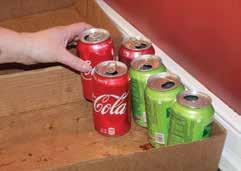
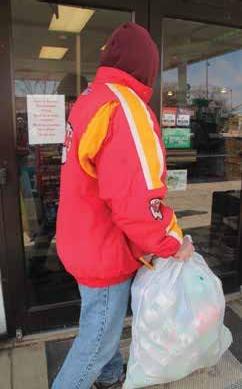
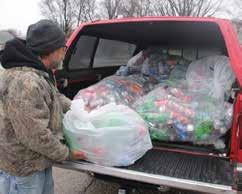

Dyno Oil was founded in 1958 by Del Nelson. While an Iowa sales manager for Sinclair Refining Co. Del decided to start his own oil company by leasing a closed bulk plant and four closed service stations from
Sinclair Oil. Since 1958, Dyno’s has experienced steady growth in sales and has changed its emphasis to keep up with the times. Dyno Oil Co., Inc. was the second in the state of Iowa to market gasohol (gasoline + ethyl alcohol) and distributed ethanol all over Iowa. Today, Dyno Oil is led by Del’s son and President, Mark Nelson, along with his wife and Secretary/Treasurer, Nellie, and Vice President of Operations John Long. They operate 13 convenience stores located across northwest Iowa: Milford, Pocahontas, Emmetsburg, Spirit Lake, Spencer, Storm Lake, Hartley, Sanborn, Sibley, Albert City and Sac City, with their main office in Spencer.
The preferred payment processor for FUELIowa.
Heartland has been processing credit and fleet cards for over 30 years in the Petro/C-Store marketplace. We are known for transparent pricing, outstanding customer support, and an ethical and customer-focused approach to business.
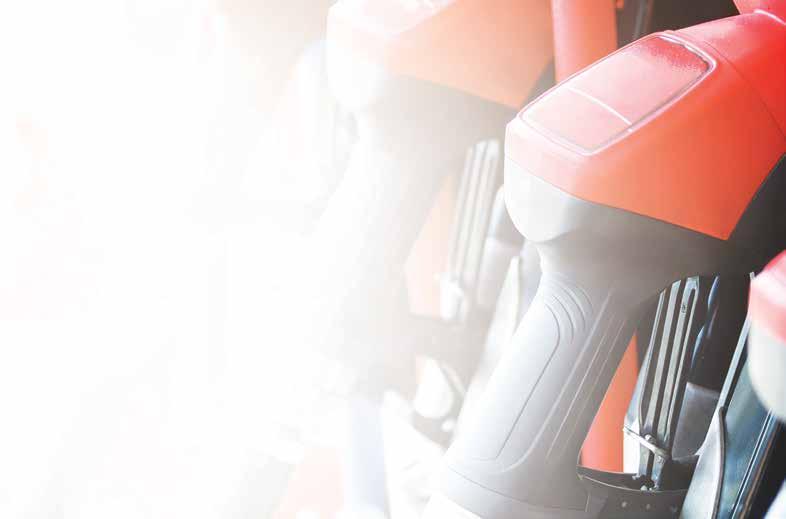
Our innovative and leading-edge technology:
• Seeks out the lowest possible Interchange categories for each transaction • Assures you low PIN debit rates available through our least-cost debit routing • Provides EMV chip card acceptance through most popular POS systems • Supported by world class customer service based in Indiana – fast call-to-answer times • Integrates reporting capabilities, including DTN reporting, into your existing accounting systems
To Learn more, contact:
Steve Heuton: 913-481-9461 . Steven.Heuton@heartland.us Alan Levine: 727-543-5503 . Alan.Levine@heartland.us
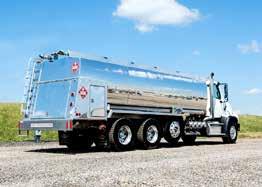
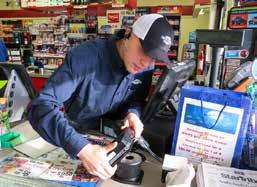
S2.8117_FUELIowa and Heartland Partner_7.75x5.indd 1
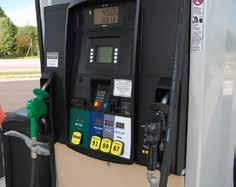
1/14/19 2:49 PM
YOUR SOURCE FOR PETROLEUM EQUIPMENT AND SERVICES
Field Services
• Equipment Installation • Fueling Dispensers • Point of Sale Systems • Fleet Fueling Systems • 24/7 Phone and Technical Support • Preventative Maintenance • Bulk Storage Tanks • Tank Monitoring Equipment
Delivery Equipment
• Refined Fuel Trucks • Lube Vans • Service and Repair • Replacement Parts


